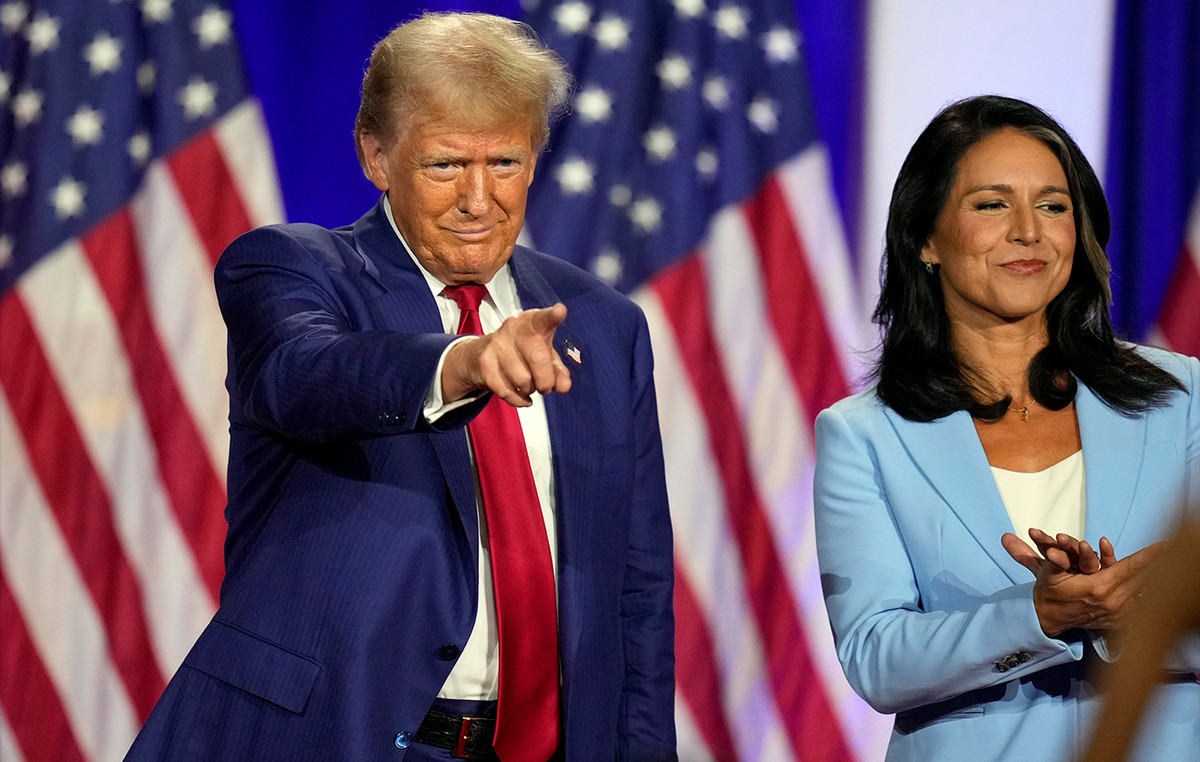Killed this Monday (12), former Italian Prime Minister Silvio Berlusconi became the most important name in recent political history, governing Italy for four terms. He was the most powerful politician in the country since the fascist dictator Benito Mussolini. Elected at a time when right-wing leaders – especially in Europe – had moderate speeches, he paved the way for the emergence of radical currents around the world.
Analysts heard by CNN point out that his charismatic, centralizing and controversial profile served as a mold for several politicians who assumed, at some point, the leading role in their countries. Since Berlusconi rose to power, other similar figures have followed suit, such as Vladimir Putin in Russia, Recep Tayyip Erdogan in Turkey and Viktor Orban in Hungary). Not to mention names like Boris Johnson in the United Kingdom and Donald Trump in the United States, as well as Jair Bolsonaro in Brazil.
Berlusconi was marked in his first term as Prime Minister of Italy, in 1994, by his charisma and his unorthodox approach to political discussions. He remained at the helm of government for just a few months, but left a mark on the Italian scene, which would be consolidated in the following two terms (2001/2006 and 2008 and 2011). During this period, he served as an inspiration for a current of right-wing politicians, more populist and strongly radical.
“Berlusconi’s legacy can be seen both domestically and internationally”, comments internationalist Rodrigo Reis. “Without a doubt he is a reference of the populist right-wing politicians who rose around 2010, mainly Donald Trump, but with clear reverberations and a style very close to Bolsonaro in some aspects”.
Reis highlights Berlusconi’s discursive style as an inspiration for this new right: populist, with a more radical discourse and a peculiar language, without mincing words and marked by at least controversial statements. “He was a politician with very vulgar and sensationalist tactics for attracting public attention, including his penchant for sexually oriented jokes, and a demagoguery that worked directly on voters’ disillusionment and hopelessness about politics in Italy.”
Contemporary Constitutional Law expert Cesar Beck points out that Berlusconi stayed in power for so long because he was able to capture and respond to the Italian people’s wave of dissatisfaction with traditional politicians.
“His leadership was marked by a populist and charismatic approach. He managed to read the weaknesses and aspirations of the Italian nation, establishing a connection with the population and appealing to traditional feelings and values”, she says.
The result, points out Beck, was to make right-wing populism palatable in Europe. “He paved the way for leaders like Viktor Orbán (from Hungary) and Boris Johnson (in the UK) and even Giorgia Meloni herself, the current Prime Minister”.

Emanuel Pessoa, a lawyer specialized in International Economic Law, understands that he paved the way for the radical left. “He personified the electorate’s disbelief with politics.” The analyst recalls that Berlusconi was the first prime minister to complete his term after 50 years, which reinforced his leading personality. “As a polarizing figure, he used his position of power to change laws and influence the electorate against institutions.”
legacy for the future
After paving the way for a more radical right, Berlusconi lent his prestige to younger leaders in Italy. His support for Giorgia Meloni of the Brothers of Italy party was instrumental in his victory.
“He left a legacy in the country. Giorgia Meloni’s victory in the last elections in Italy had the significant weight of Silvio Berlusconi and his party, Forza Italia”, explains Beck. “He was an influential figure in forming the centre-right coalition, which included Meloni and Matteo Salvini. Their participation and support were important for unifying the coalition and winning votes”.
“Berlusconi was key, in fact, to enable the extreme right to rise in Italian politics”, ponders Reis. “He was responsible for the alliance with the separatist Northern League party and also with the post-fascist National Alliance party, from which the current prime minister’s party descends.
Pessoa highlights Berlusconi’s importance in Meloni’s election. “He supported Meloni, helping to legitimize it and win votes with center-right voters.” But he points out that the current prime minister must be the figure of renewal of this more radical right-wing current. “As Meloni’s party was the only one not to be part of Mário Draghi’s (predecessor) government, it ended up becoming the main opposition force”.
Source: CNN Brasil
Bruce Belcher is a seasoned author with over 5 years of experience in world news. He writes for online news websites and provides in-depth analysis on the world stock market. Bruce is known for his insightful perspectives and commitment to keeping the public informed.







